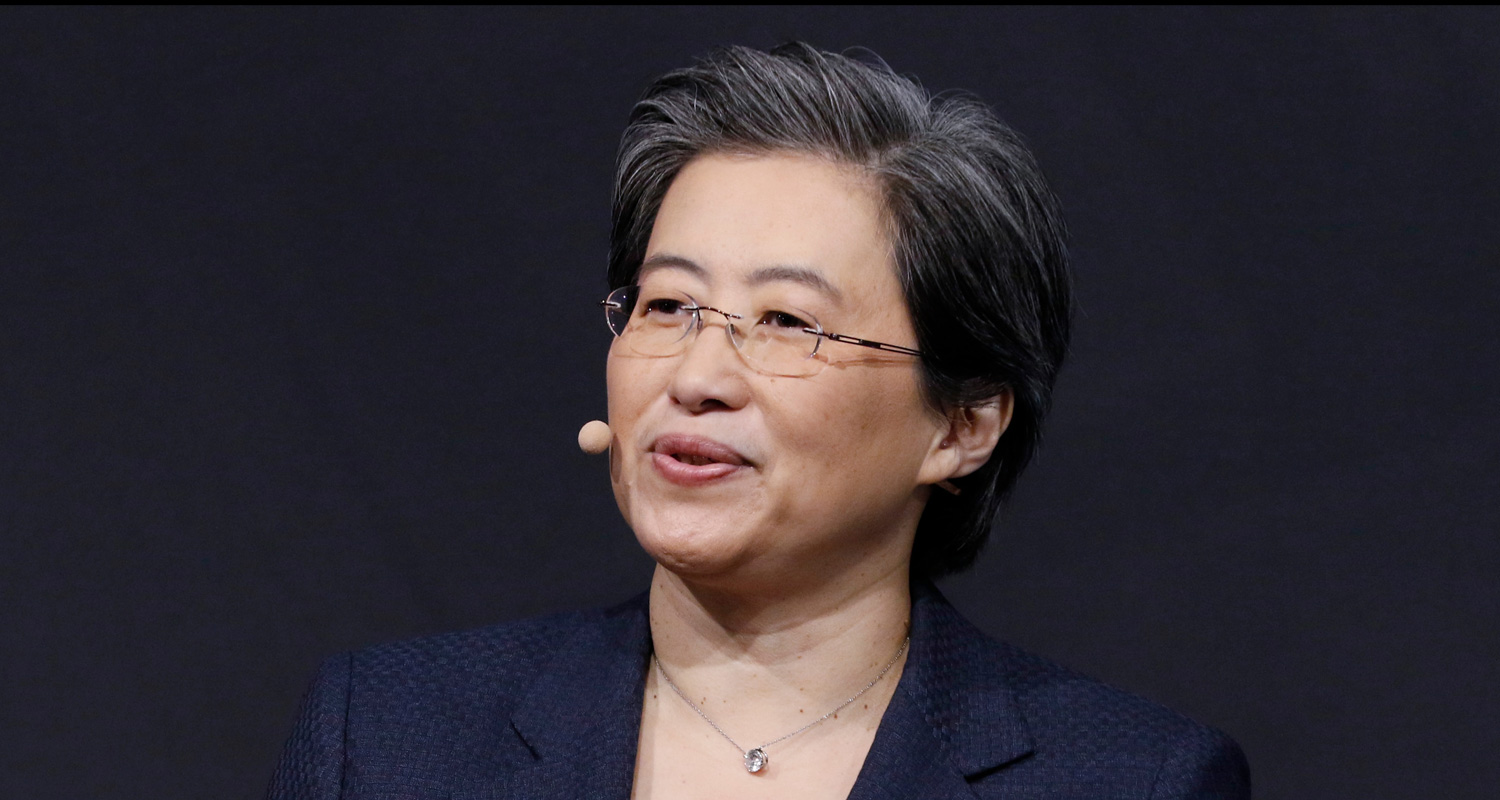
AMD launched its latest data centre chip on Thursday and said Microsoft’s Azure, Alphabet-owned Google Cloud and Oracle would be some of its customers.
The fourth generation Epyc processor, code named “Genoa”, makes significant improvement on performance and energy efficiency compared to its previous chip, said CEO Lisa Su.
“What that means for enterprises and for cloud data centres is that it translates into lower capex, lower opex and lower total cost of ownership,” she said.
Shares of AMD soared about 14%, mirroring the rise in peers such as Nvidia, which gained over 13% on signs of cooling inflation. The Philadelphia SE Semiconductor index surged 8.7%.
Genoa launches at a time when rival Intel’s latest data centre chip, code-named Sapphire Rapids, has struggled with delays.
“With this latest generation, they (AMD) have made a huge leap in performance not only against Intel, but against their previous generation … so that makes the viability of an AMD-based solution much more real,” said Bob O’Donnell, an analyst for TECHnalysis Research.
AMD, which launched its first Epyc data center chip in 2017, has been steadily gaining market share at the expense of Intel, making especially strong inroads with cloud service providers.
Read: AMD takes aim at Nvidia with new high-end GPUs
According to research firm IDC, AMD’s market share of chips, which are built on the x86 architecture and used by cloud services, went from zero in 2016 to about 29% last year. Cloud is one of the biggest growth areas for semiconductors.
“IDC expects AMD will stay on track and continue building up market share in public cloud deployments,” said Ashish Nadkarni, datacenter and cloud analyst at IDC. — Jane Lanhee Lee and Chavi Mehta, (c) 2022 Reuters




